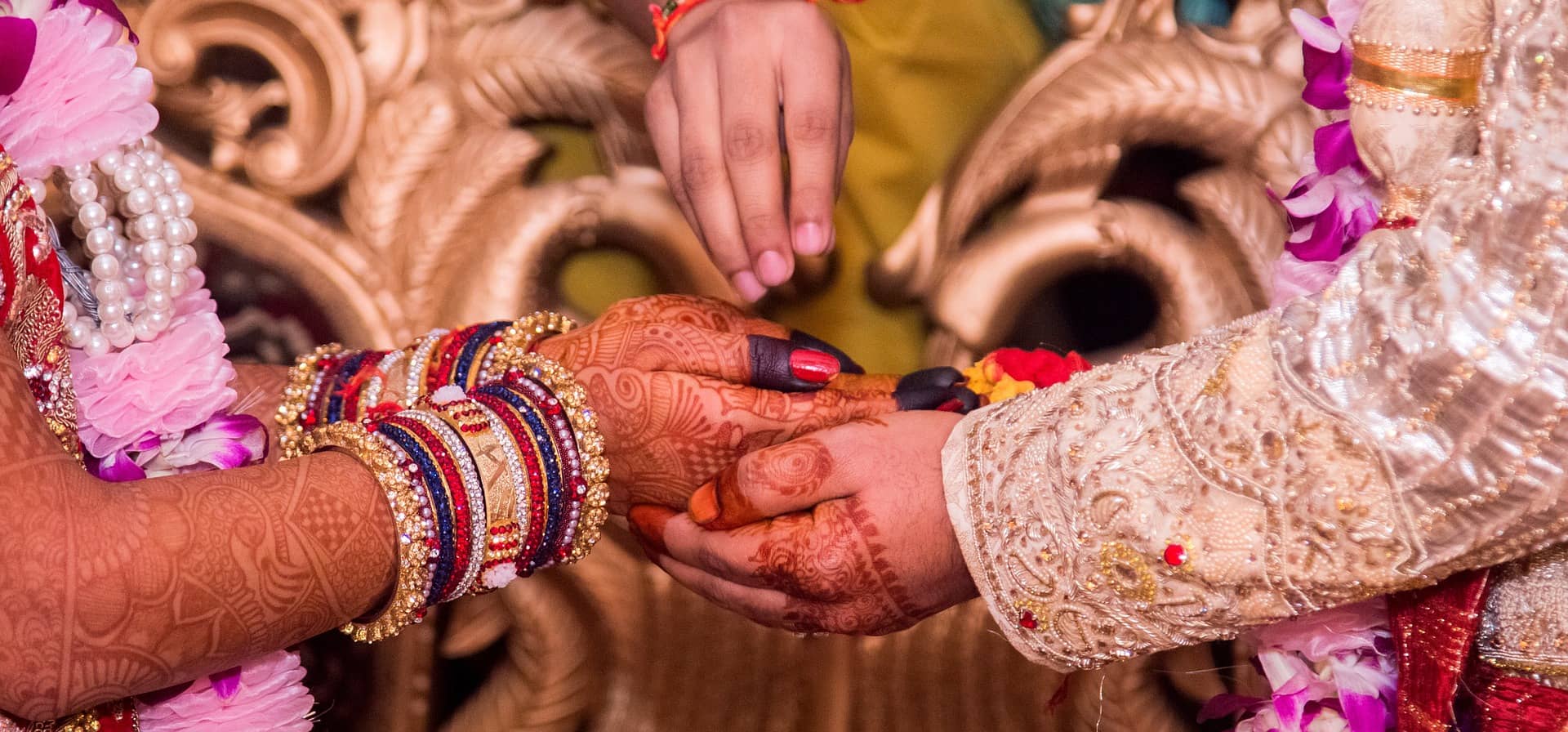The other day, I was complaining to my mother about how tired I was of listening to my American friend's divorce problems. Lisa was in the midst of a nasty divorce that was dragging on for months. She called me every evening with "Guess what that jerk did today" stories that resulted in two-hour phone conversations.
It wasn't that I didn't care about Lisa, I told my mother, or didn't want to help her. It was just that I didn't have the time. With my writing assignments, a household to run, a steady stream of guests, and a child who was out of school, I couldn't spend every weekend with Lisa. Besides, listening to her problems got me down. I wasn't even helping her, I concluded virtuously. I wasn't solving anything just by lending her my ear.
My mother listened to my tirade and said just one thing: "Help your friend. It is good karma."
Right, I sighed to myself. The "karma" word again.
One Hindu concept most Americans are familiar with is karma. It isn't an easy concept to follow, and Hindu mothers bring it up at the most inopportune moments--like my mother did. But it is still one of the most valuable teachings of Hinduism.
A primer for the uninitiated: Karma is a Sanskrit word that connotes action, duty, and consequences, all at the same time. Karma yoga is the yoga of action, of doing social work, of building shelters for the homeless, of doling out food in soup kitchens. When a Hindu scholar urges a young man to "do his karma," he is suggesting that the young man fulfill his duties--take care of his children, take care of his parents, be a good husband, make a livelihood, and contribute to society. When a beggar sitting on a street corner laments his fate by saying, "It is all because of my karma that I am sitting homeless like this," he's saying he must have done something bad in an earlier life. The consequences have come back to haunt him.
The beauty of karma is that it expands the mind. Rather than looking for "results" and "payback" in every endeavor, karma allows you take the long view of life. Every action does not have to have an equal and opposite reaction, like Newton said. At least, not right away. The reward can come later, in a different form. The fruits of your labor may not visit you in this life, or even the next, but they will be repaid in full measure at some point in the karmic chain. In more realistic terms, you may not get a promotion in spite of the long hours and effort you have put into your projects, but all that good karma will help you--in your next job, in finding a spouse, or in your next life.
How does that help me? you're thinking. I admit that's what I thought when my mother told me to accumulate good karma by listening to Lisa's problems. After all, Lisa was planning to move to California after the divorce, and I probably wouldn't see her again. To put it in crass, materialistic terms, Lisa was not going to return my favor; she was going to move across the country.
The problem is that I have lived in America too long. America is a society in a hurry. Magazines devote entire sections to "getting ahead" in the shortest time possible, with the least effort possible. Ads urge you to be narcissistic because "you're worth it." People want to pop a pill, take some Prozac, and solve the problem now.
A good Hindu--and I don't include myself in this category--doesn't think like this. A good Hindu internalizes and lives according to the cliche "What goes around comes around." Not right away, perhaps, but sometime in the future. Karma is the reason Hindu children are loath to put their parents in an old age home--they don't want to accumulate bad karma by shunning their parents.
Filial duty is a big part of karma. A good son takes care of his aging parents. Not only does he take care of them while they are alive, but he also pays homage to them after their death by conducting an annual Shraadam ceremony. Worshiping ancestors is an essential part of being a Hindu, and most families honor their forefathers by conducting an annual Shraadam. It is an elaborate daylong ceremony, when the entire clan gathers to pay obeisance to ancestors. It is a time of remembrance, of honoring the souls that were part of a family tree, and receiving their blessings, and connecting one generation to the next and the previous. What goes around comes around.
I've adapted an American version of karma by volunteering. In fact, I had met Lisa four years ago when we both volunteered for an hour a week at an old age home in Connecticut. Lisa's own grandmother lived far away in Arizona, and Lisa had little contact with her. Instead, she spent an hour running errands for another woman who was old enough to be her grandmother. In her own way, Lisa was accumulating good karma. She was helping a stranger in hopes of someone helping her own grandmother.
While I understand karma, and even subscribe to the notion, I confess that it is hard to follow. It is hard to put others before yourself, especially in an individualistic society like America.
So what did I do with my friend who was driving me up the wall with her incessant phone calls and unannounced visits? I swallowed my frustration and listened to her problems. I encouraged her to look for jobs in California and counted the days till her move. I took to not answering the phone when it got to be too much. After all, I was a mother. I needed to accumulate some good karma, if not for myself, at least for my daughter. What goes around comes around.

